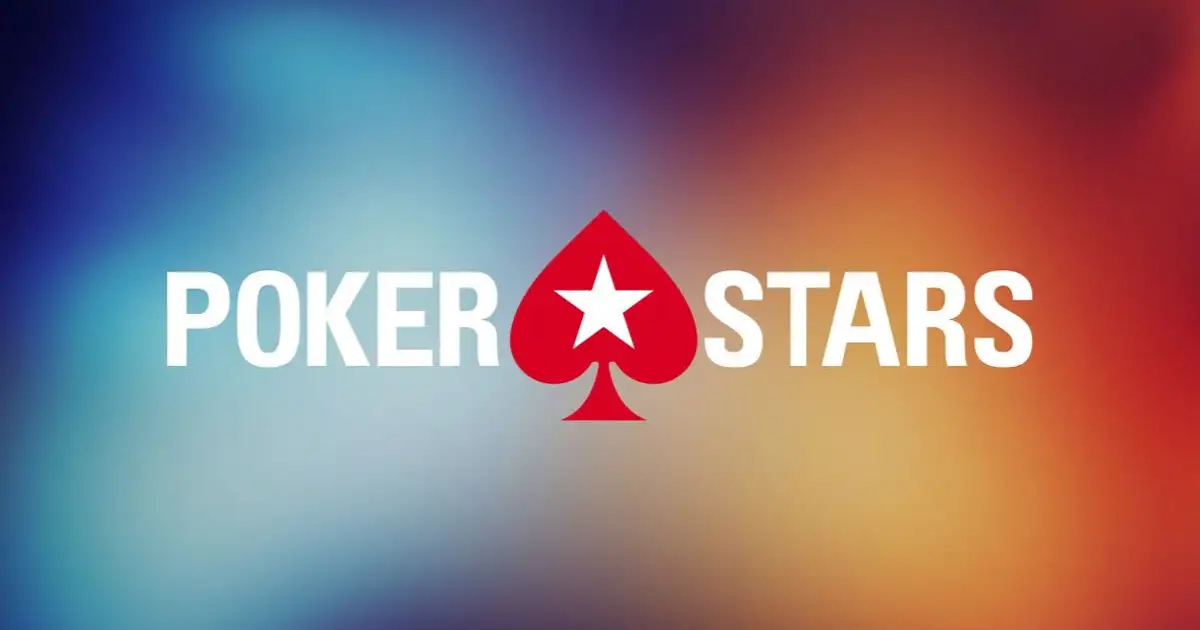Gamblers claim multi-million against illegal online casinos
Dutch courts in North Holland and Amsterdam recently asked the Supreme Court for advice. The issue: players trying to claw back money from online casinos that operated before regulation but were not licensed. This follows a series of conflicting rulings in ongoing lawsuits.
Fight over refunds
Since the legalization of online gambling in the Netherlands many players have been trying to get back money they lost at online casinos that did not have a Dutch license. However the rulings in these lawsuits vary.
In some cases, players won their cases against major providers such as Bwin, PokerStars and Unibet. However, a court in Breda recently ruled in favor of Bwin. According to this court, Article 1 of the Gambling Act (Wok) no longer applies to the validation of gambling contracts. As a result, players cannot rely on this article to claim back money.
Supreme Council must provide clarity
To put an end to these inconsistencies, the courts in Amsterdam and North Holland have submitted several questions to the Supreme Court, according to the Dutch press.
These questions mainly concern the interpretation and application of Article 1 of the Betting and Gaming Act. This article prohibits offering gambling services without a license from the Dutch Gaming Authority (KSA).
The courts want to know whether this article invalidates contracts between Dutch consumers and unlicensed providers. They also wonder whether social changes or enforcement policy influence this. They also want to know whether the fact that the KSA uses certain criteria for issuing licenses is important. Finally, they investigate whether, if the contracts are declared invalid, players can claim money back on the basis of unlawful enrichment.
Major lawsuits against Pokerstars and PartyCasino
There are currently two major cases in Amsterdam and North Holland. In both cases, players are demanding €135,000 from PartyCasino and PokerStars respectively.
These clawback claims are part of a broader legal battle. In total, there are approximately 50 lawsuits pending in various Dutch courts seeking clarification on these issues.
The preliminary rulings of the courts in Amsterdam and North Holland appear to be in favor of the players. This could lead to the conclusion that agreements with unlicensed providers can be declared null and void. However, before making final decisions, the courts first want to seek advice from the Supreme Court in order to ensure more uniformity in the judiciary.


